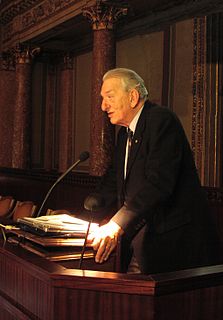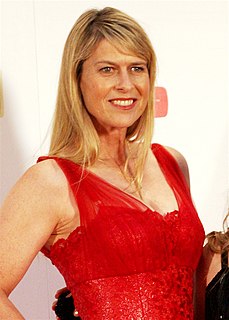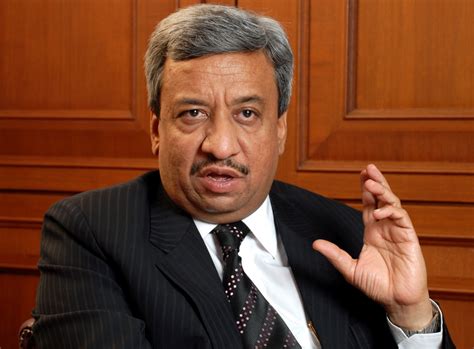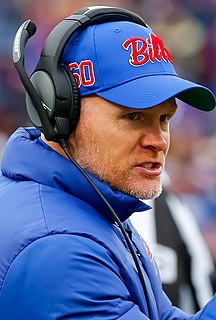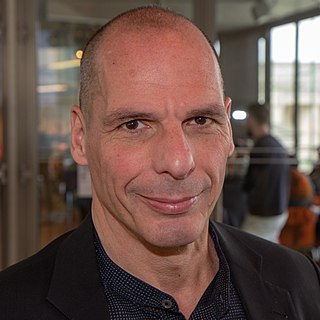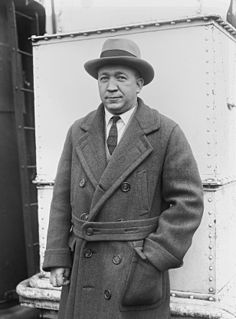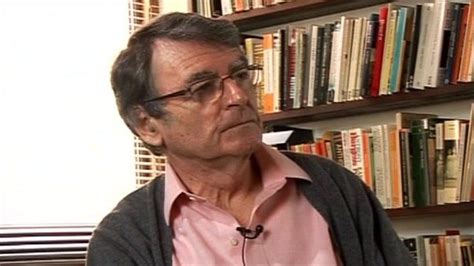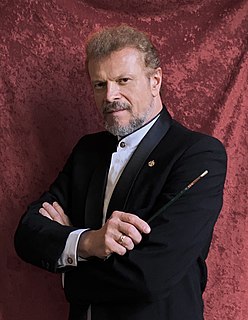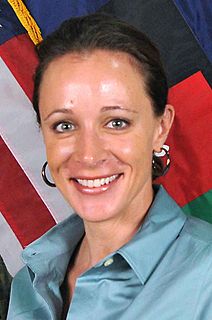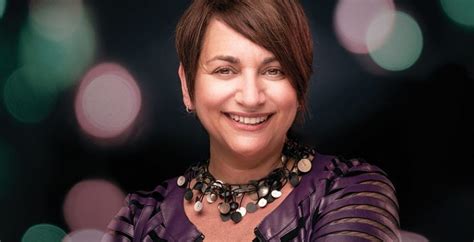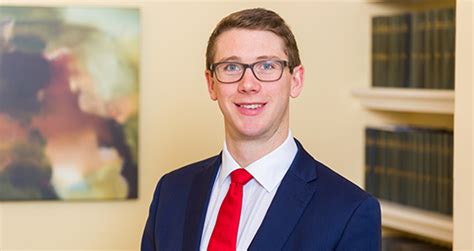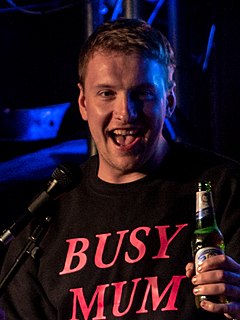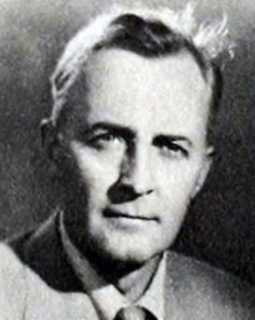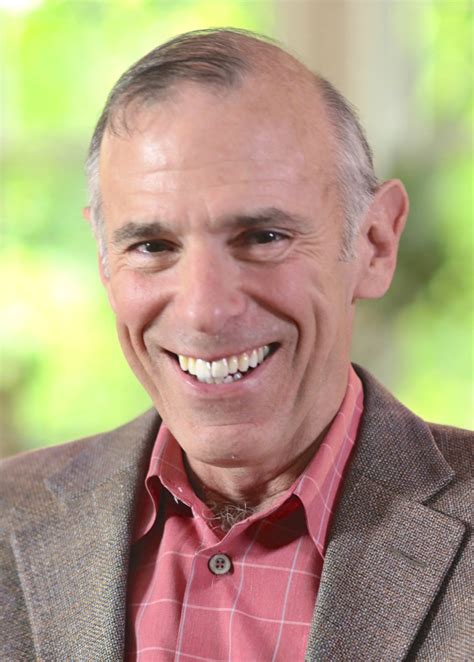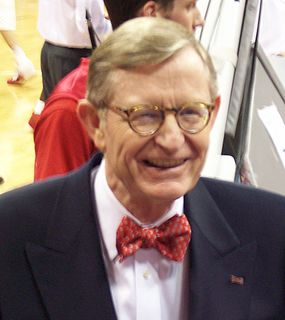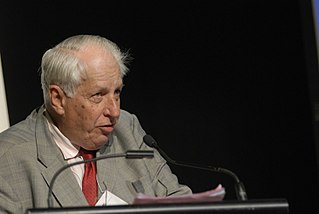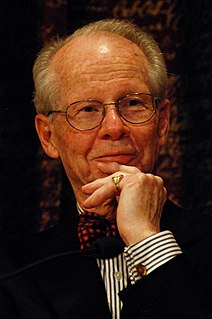Top 1200 Academic Life Quotes & Sayings - Page 2
Explore popular Academic Life quotes.
Last updated on December 21, 2024.
Biblical higher criticism is preserved in the particular enclave of academic Christian scholarship and is thought to be too unfruitful to share with the average pew-sitter, for it raises more questions than the church can adequately answer. So the leaders of the church would protect the simple believers from concepts they were not trained to understand. In this way that ever-widening gap between academic Christians and the average pew-sitter made its first appearance.
I never went to college and I was raised in Arkansas so there wasn't a lot of academic language being thrown around my house. We weren't idiots, but I didn't have that access to academic feminism. I had to realize, on my own, that feminism is not just about how far ahead you can get in a job and it isn't about not wearing makeup. It isn't about not watching your waistline. I had to recreate the world entirely.
I began to read [Bible] as a critic, an in-house critic. So I got to a place where when I got to the university, I just couldn't reconcile that book and some of its points of view with stuff I was learning in my academic career. And so then you have a choice: either you give up your academic career and close your mind and become a constant fundamentalist, or you give up your religion and become a citizen of the modern world and get a modern education, or just spend the rest of your life balancing the two things together, forcing them into a dialogue.
I think for what success looks like for me, it is a world in which you can look at the achievement scores, the academic scores, of any school anywhere in this country [the USA], and you wouldn't be able to look at the score and determine what the racial makeup or the socioeconomic makeup of that school is simply because of the academic achievement levels.
For the academic the rhetorical sense of superiority through the possession of knowledge is essential for facing the daily grind, turning again to the otherwise boring article, braving the students who, fresh as each class may be, will still ask the same questions year after year. Psychological survival is not achieved without effort, and the environment must be managed, knocked about with one's elbows until it takes a shape comfortable to one's sense of self. This is not selfishness, for in reshaping the environment the academic is also reinvigorating the educational process.
I'm not an academic; I'm not an archaeologist. I'm a writer, communicating ideas to the public. There is a model of how the past is, and a lot of academic archaeology is about refining the model. It's not about changing the model radically. I'm not aware of any current which is about radically changing the model. It's just me, really.
A doctrine-teaching, character-building university, the Brigham Young University is dedicated to the building of character and faith, for character is higher than intellect . . . . We are men of God first, men of letters second, men of science third, and noted men fourth, men of rectitude rather than academic competence. . . . Our academic training must be as impeccable as our lives.
I was quite straight-laced. I was quite academic until I was about 14 and then I went to boarding school where I had the opportunity to continue to be very academic, but got less interested in it and became more involved in acting. And then when I was applying for universities I used a couple of places on my UCAS form to apply for drama school without telling anyone... but didn't get into drama school. But that was the most rebellious thing I did.
Because I spent many years during my previous life as an academic researching game theory, some commentators rushed to presume that as Greece's new finance minister, I was busily devising bluffs, stratagems and outside options, struggling to improve upon a weak hand. Nothing could be further from the truth.
Many faculty retreated into academic specializations and an arcane language that made them irrelevant to the task of defending the university as a public good, except for in some cases a very small audience. This has become more and more clear in the last few years as academics have become so insular, often unwilling or unable to defend the university as a public good, in spite of the widespread attacks on academic freedom, the role of the university as a democratic public sphere, and the increasing reduction of knowledge to a saleable commodity, and students to customers.
By academic freedom I understand the right to search for truth and to publish and teach what one holds to be true. This right implies also a duty: one must not conceal any part of what on has recognized to be true. It is evident that any restriction on academic freedom acts in such a way as to hamper the dissemination of knowledge among the people and thereby impedes national judgment and action.
In the 1970s, family history wasn't yet thought of a serious field for study. I was terrified of being laughed at by other historians. I called my book 'The Social Origins of Private Life.' It should have been 'As Pompous as You Want to Be.' Every sentence was academic jargon, and if I said X, I qualified it with Y.
I tell this anecdote with tongue in cheek at the start of my book William Burroughs and the Secret of Fascination, but my academic involvement with Burroughs was entirely due to my tutor at Oxford, Peter Conrad. I was discussing with him the idea of staying on to do graduate work and when I tossed the name of Burroughs into the conversation - well, he let it fall loudly onto the floor, and proceeded to cross himself as if warding off an evil spirit. Since I was very ambivalent about an academic career in any case, that decided it for me.
I drifted into a career in academic philosophy because I couldn't see anything outside the academy that looked to be anything other than drudgery. But I wouldn't say I 'became a philosopher' until an early mid-life crisis forced me to confront the fact that, while 'philosophy' means 'love of wisdom', and 'wisdom' is the knowledge of how to live well, the analytic philosophy in which I had been trained seemed to have nothing to do with life.
Academic writing you have to get right. Fiction you have to get plausible. And there's a world of difference. In a way, if someone says this didn't feel exactly right, I don't care. But that is not okay to do in academia - it's not about feeling. You want to establish a pretty solid case. So did this allow me to express things differently? Absolutely. Another thing I've been thinking about as an academic: our writing style is expository, and in fiction, withholding information matters quite a bit. Withholding things in academia - there's no place for that!
I took art courses, only in the sense that I was able to - I took art classes, which were fun, which I liked, but it was a - just a kind of a general education that I got, a regular academic - academic diploma, but I kind of had the feeling that art was something that I really liked the most but I wasn't really sure that that was it.
A wonderful area for speculative academic work is the unknowable. These days religious subjects are in disfavor, but there are still plenty of good topics. The nature of consciousness, the workings of the brain, the origin of aggression, the origin of language, the origin of life on earth, SETI and life on other worlds...this is all great stuff. Wonderful stuff. You can argue it interminably. But it can't be contradicted, because nobody knows the answer to any of these topics.
There's no difference between lyrics and poetry. Words are words. The only difference is the people who are in academic positions and call themselves poets and have an academic stance. They've got something to lose if they say it's all poetry; if there's not music to it, and you have to wear a certain kind of checkered shirt or something like that. It's all the same. Lyrics are lyrics, poetry is poetry, lyrics are poetry, and poetry is lyrics. They are interchangeable to me.
Barry Jones once said that Australia is the only country where the word 'academic' is a pejorative. The academic sector has a vibrant and practical role to play in this complex world of ours. Higher education and research are worthy of your much closer attention. Yes, we can be and should be the clever country. Our progress can be within the highest ethical and moral framework. But this will only happen if we place appropriate emphasis on education, research and innovation within a truly international framework.
By creating a self-policing, self-reporting, sort of self-monitoring culture through law, through statute, and imposing that on the academic world, I think not only are we losing a significant measure of freedom in academic traditions and in our civil society, but we're actually making ourselves less competitive with every other country around the world that does not do that. Because that's where researchers are going to go and that's where academics are going to go. And ultimately, that's where breakthroughs are going to occur.

